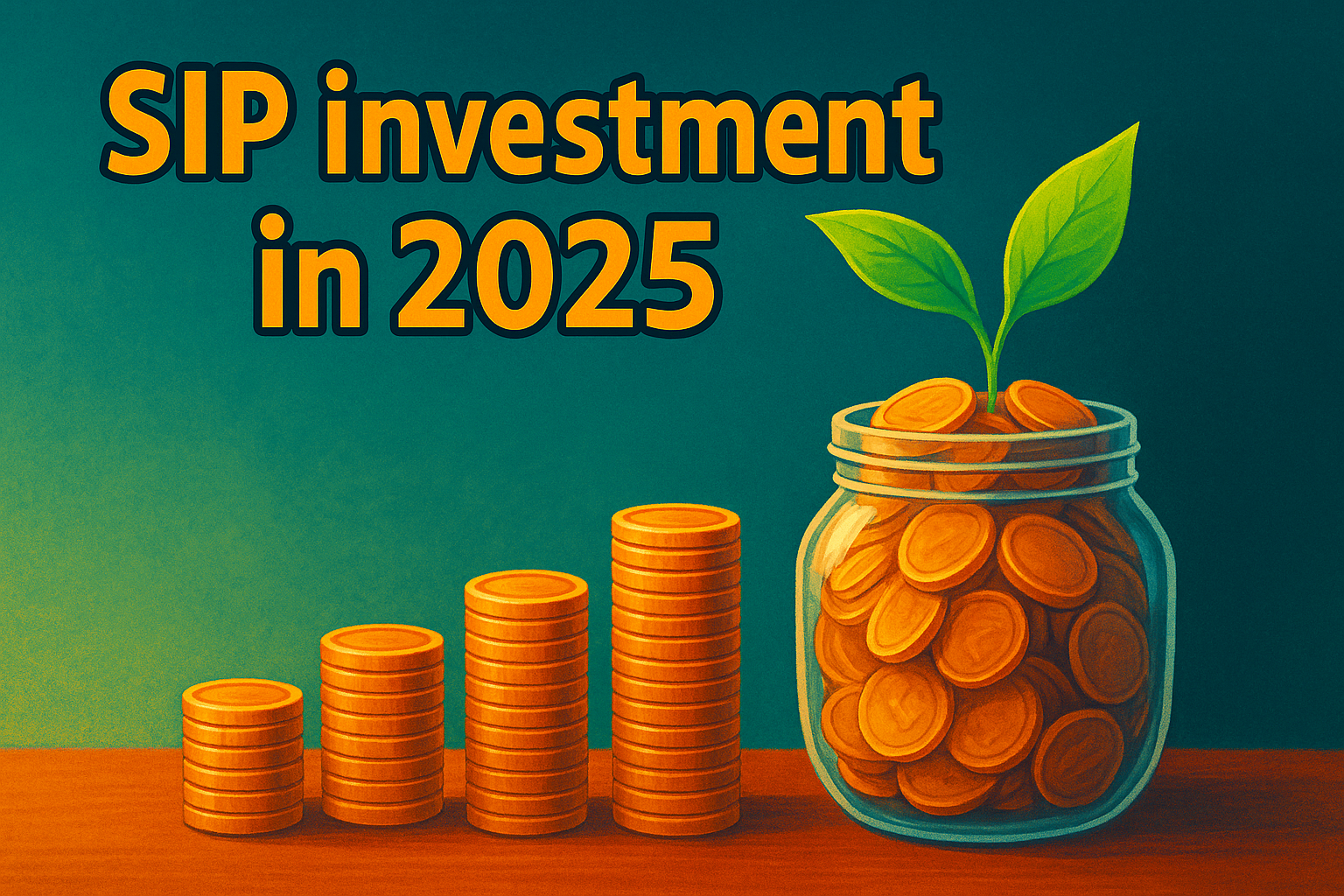Recurring Deposit Interest: How to Get the Best Returns on Your Savings
2025-03-11
0 Comments

Recall that RD is very sensible for those willing to save a certain amount of money regularly while earning reasonable interest on the accounts. It is a basic and useful banking product by an organization where you can regularly deposit a certain amount to be saved for a stipulated period. In this blog, they will look at how you can get the most from your Recurring Depositand various things you ought to consider to benefit from this investment product.
Understanding Recurring Deposits
A Recurring Deposit is an account under which one has to deposit a specific amount every month into the account. This investment takes some time to grow and can take anything from half a year to as much as 10 years depending on the policy of the particular bank that you have involved yourself with. A matured deposit means that at the end of the agreed time, you receive your original amount as well as a certain amount of interest. RDs normally have higher interest rates compared with those of savings accounts, hence acknowledging the fact that investors who seek sure bets would be inclined towards RDs.
Table of Contents
Key Benefits of Recurring Deposits
1. Regular Savings: Through RDs, one is in a position to practice the act of saving. Because it withdraws the amount from your account every month, it inculcates a saving culture without much effort.
2. Fixed Rates: The interest rates for RDs are fixed from the start of the deposit to the end of maturity, which is different from that of the other market-linked securities.
3. Customer Convenience: Many banks provide the opportunity to choose a term and the amount of money for RD, which will be convenient for every client.
4. Safety and Security: RDs can be said to be secure investments that are mostly offered by banks, as they are often guaranteed up to a certain limit by the government.
How to Get the Best Returns on Your Recurring Deposit
1. Compare Interest Rates
The first way to increase the net amount to be received is to evaluate the interest rates of various organizations. It’s therefore helpful to keep track of any changes that banks make on their RD interest rates since they are known to be dynamic to some extent. Be sure to always find the highest interest possible with a term that is affordable to you.
2. Opt for Longer Tenures
In general, the longer the term of the RD, the better the short-term interest rate you will get. It is found that the banks offer a relatively better interest rate for tenures in a higher range of more than 5 years. However, the chosen tenure should reflect your budget plan.
3. Choose the Right Frequency
The amount of interest earned by RDs depends on the period of renewal of deposits and most of the banks provide RDs to be renewed monthly, while in some cases there may be a provision for a quarterly or half-yearly. To the cash flow and financial solvency level, the frequency or the interval in making the deposits enables the person to make constant deposits without much difficulty.
4. Look for Bonuses and Incentives
Some banks offer bonuses or additional interest for certain tenures or for opening multiple accounts. Terms and conditions should be checked frequently, as there could be extra offers that may increase the chances of good returns.
5. Consider Post-Maturity Options
There is one more thing: when you decide to invest and lock your money, then search whether the bank provides post-maturity options and conditions and then only go ahead. You can generally decide to roll over the RD till after the maturity date or transfer it to a fixed deposit account where the interest rate is higher.
6. Timely Renewals and Redeposits
The arrangement and volume of your funds that are to be auto-renewed should be put into a new RD that should be similar to or better than the first one that you chose. In this case, the maturity amount is used to open a new RD at a better rate if available in the market.
7. Utilize Tax-Saving Features
PPF as well as ELSS mutual funds are not in themselves investments for tax savings, but interest that is earned on RDs is considered taxable. However, you can claim tax deductions under section 80C in case you have opted for a self-deposited RD in which the rate of interest is less than the bank’s minimum rate.
8. Calculate Potential Returns
So, balanced RD calculates with the help of online RD calculators only the maturity amount before planning to invest. This will enable you to plan whether the RD is suitable for your goals or whether you need to look for other investments.
Considerations Before Investing in an RD
Thus, RDs bear their fair share of drawbacks despite being a good practice overall. They have limited liquidity; this means that there is no easy way of accessing your money before the period agreed upon attracts some form of a fine or even a reduction in the interest earned. Also, it implies that the interest is taxable; therefore, the net profits may not be much. Use these factors in combination with your objectives when you are investing in a certain security or stock.
Conclusion
Recurring deposits, therefore, are essentially a form of savings avenue that provides both discipline to save and earn interest on the money deposited. The right tenure, the interest rate, the frequency of investment and such bonuses and incentives are the factors that work for better returns on investment to meet its fruitful financial goals. Nevertheless, RDs ensure that a guaranteed amount is earned from the investments at the provided interest rates; thus, it is prudent to consider various market factors and prospects for subsequent investments. No matter if this money is going into it for an emergency, a specific need, or retirement money, an RD can help you obtain your goals through your particular investment approach.
Add a Comment
Popular Categories
Popular Blog Posts
SIP or Crypto? The Answer Will Surprise You
28 Jul, 2025
EV Stocks in India: Boom or Bubble?
18 Jul, 2025
Search For Financenu Service
Apply For Financial Service














